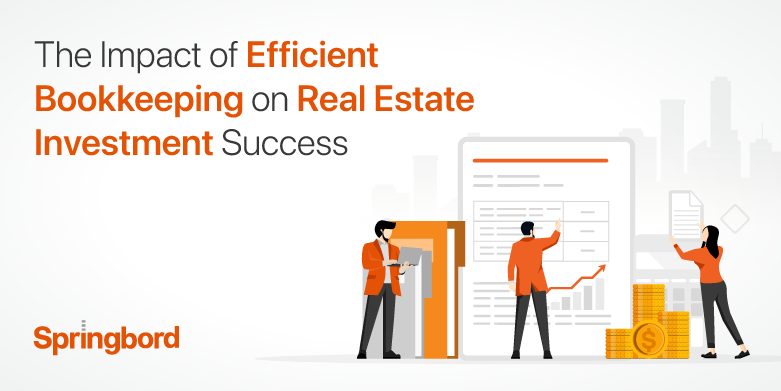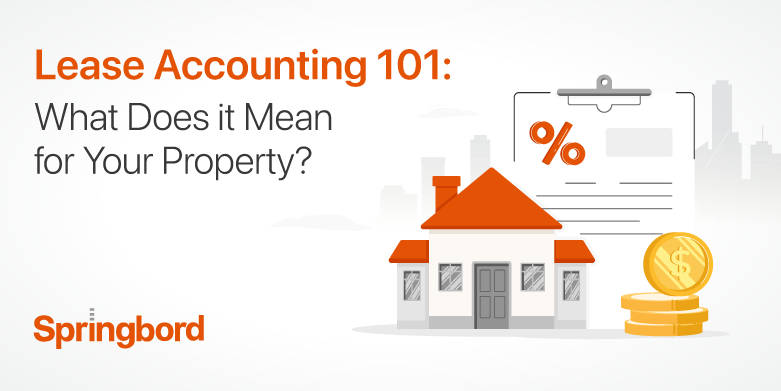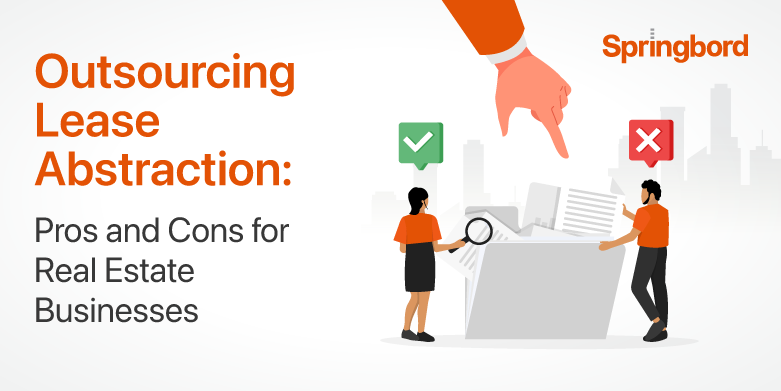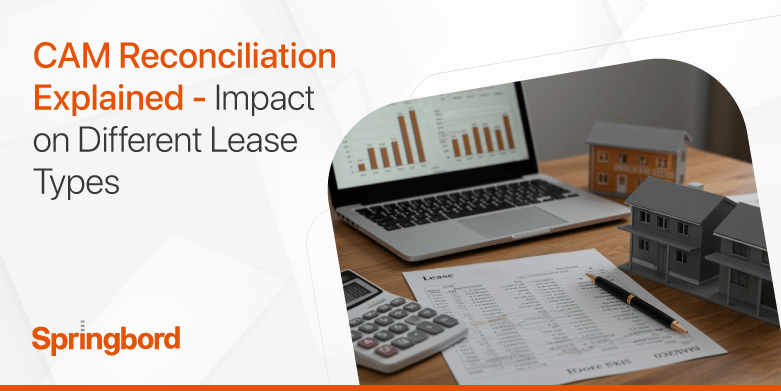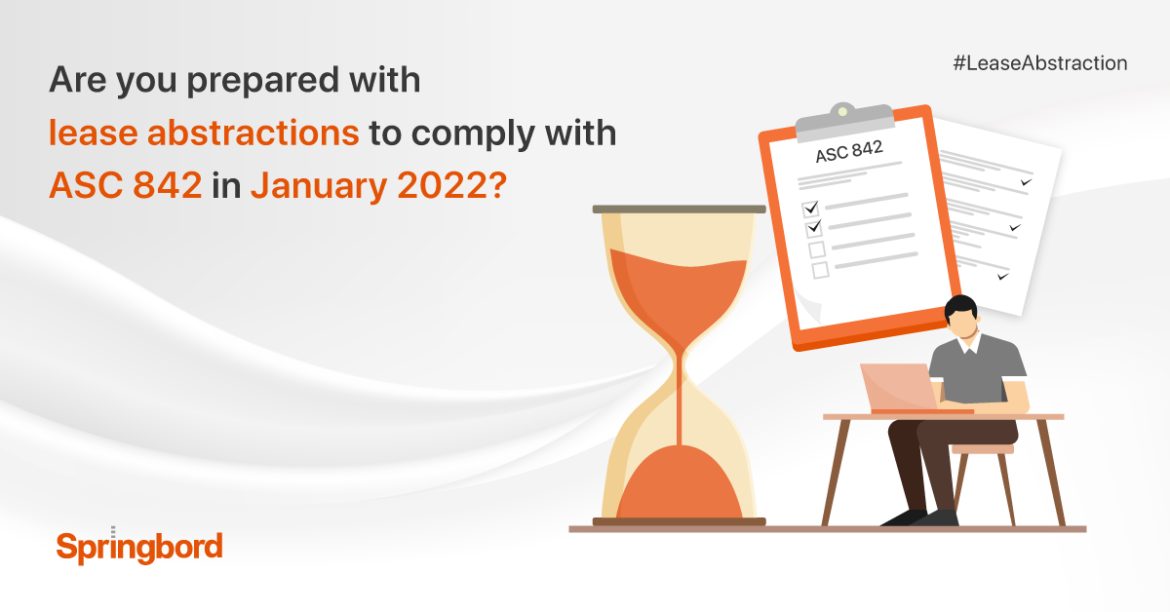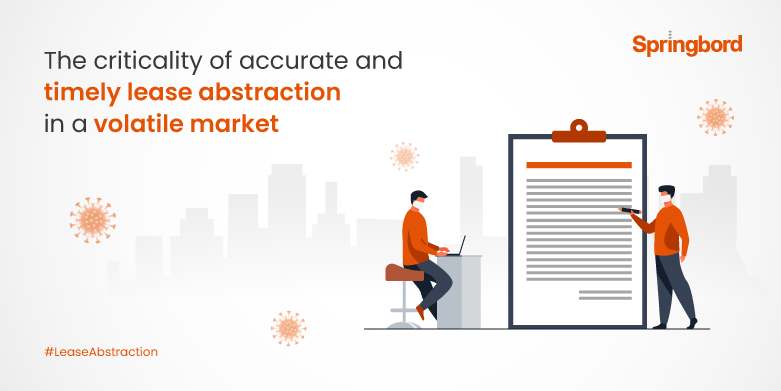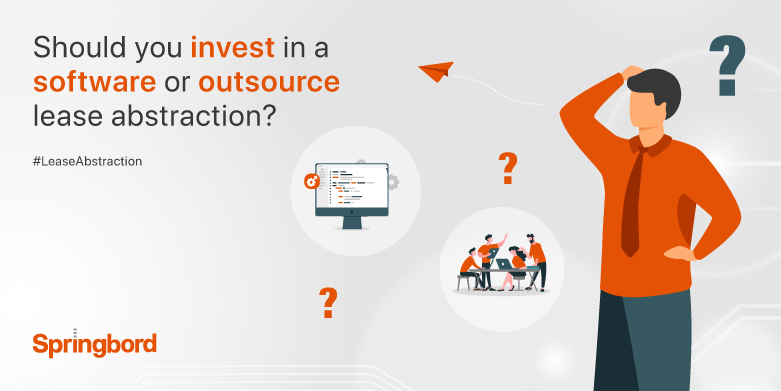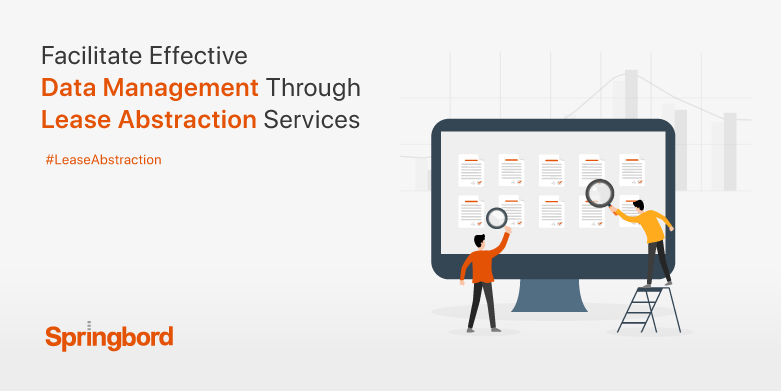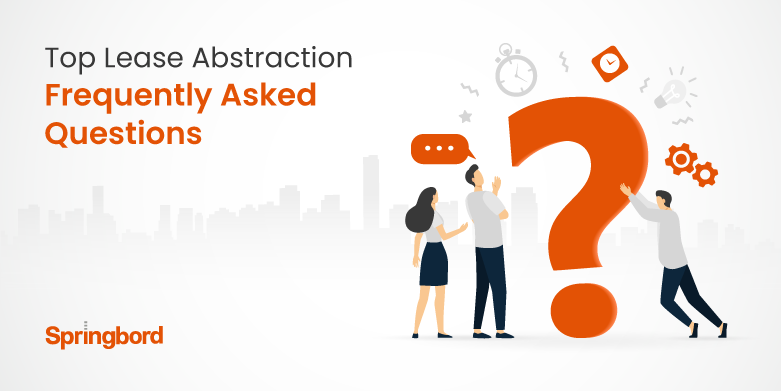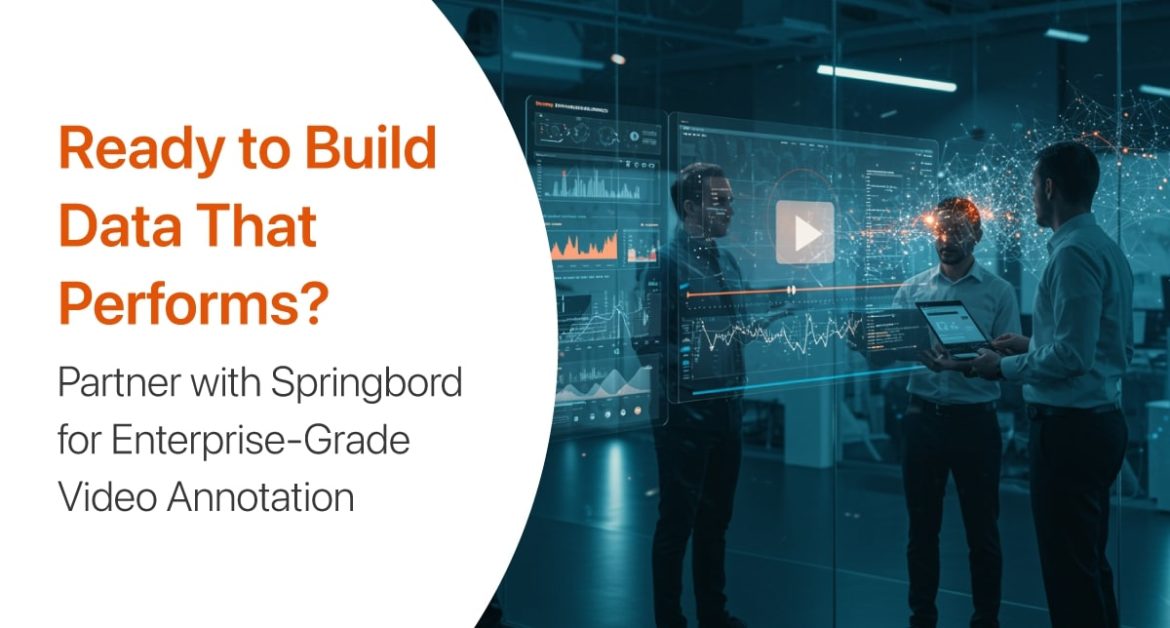The rigorous demands of real estate investment underscore the vital role of proficient bookkeeping. Beyond mere transaction recording, efficient bookkeeping serves as the compass guiding investors through the complex landscape of financial management, compliance, and strategic planning. The dynamic nature of real estate, with its multifaceted transactions, amplifies the need for a meticulous approach to
Lease accounting, particularly with the implementation of ASC 842 and IFRS 16, is critical for property owners as it transitions how leases are recognised on financial statements, bringing transparency to financial commitments. These standards require nearly all leases to be included on the balance sheet, reflecting true liabilities and assets, which affects stakeholders’ view of
Lease abstraction is vital in real estate management, condensing key information from complex lease agreements for property owners and managers. Every clause shapes a property’s financial and operational landscape, influencing profitability and strategy. From rental rates to maintenance responsibilities, lease intricacies impact decision-making. Despite its importance, real estate businesses often face challenges due to the
In commercial real estate, Common Area Maintenance (CAM) reconciliation is not just accounting; it’s a critical cost-control point for tenants and a compliance requirement for landlords. This is done by comparing the estimated CAM fees that tenants pay each month with the actual costs that the landlord has to pay to keep common areas like
Introduction: Why ASC 842 and Lease Abstraction Matter Lease accounting standards are reshaping how businesses record leases, making accurate, timely lease abstraction more critical than ever. ASC 842 requires detailed lease data to be reported on the balance sheet, and the process of extracting and organizing this information can be a significant operational challenge, especially
Introduction: Why Lease Abstraction Matters More Than Ever Lease abstraction services are no longer optional. In today’s high-stakes real estate market, timely and structured lease data can be the difference between missed opportunities and strategic growth. In today’s unpredictable commercial real estate landscape, businesses are under pressure to manage occupancy costs, remain compliant, and stay
Introduction: The Lease Abstraction Dilemma Lease abstraction is no longer a back-office function, it’s a critical part of property and lease portfolio management. But as portfolios grow and compliance tightens, many organizations are left wondering: Should we invest in a lease abstraction tool or outsource the process to experienced professionals? In this article, we walk
In today’s data-driven real estate environment, businesses face increasing pressure to act fast and make informed decisions. With lease documents being long, complex, and filled with legal jargon, having a simplified view can be a game-changer. We all live in a fast-paced world where we would expect everything to happen instantly or get things done
Introduction – Why Lease Abstraction Matters Lease abstraction is more than just summarizing lease agreements. It’s a strategic process that allows real estate teams to extract, organize, and use key data for better operations, compliance, and decision-making. Given the complexity and volume of lease documentation, many companies now rely on professional lease abstraction services to
Computer vision is no longer just a cutting-edge experiment; it’s now a core business tool. In 2025, the global market is expected to hit $27.02 billion, fueled by real-world use cases that improve speed, accuracy, and decision-making across industries. From reducing product defects in manufacturing to preventing theft in retail and automating asset inspections in


